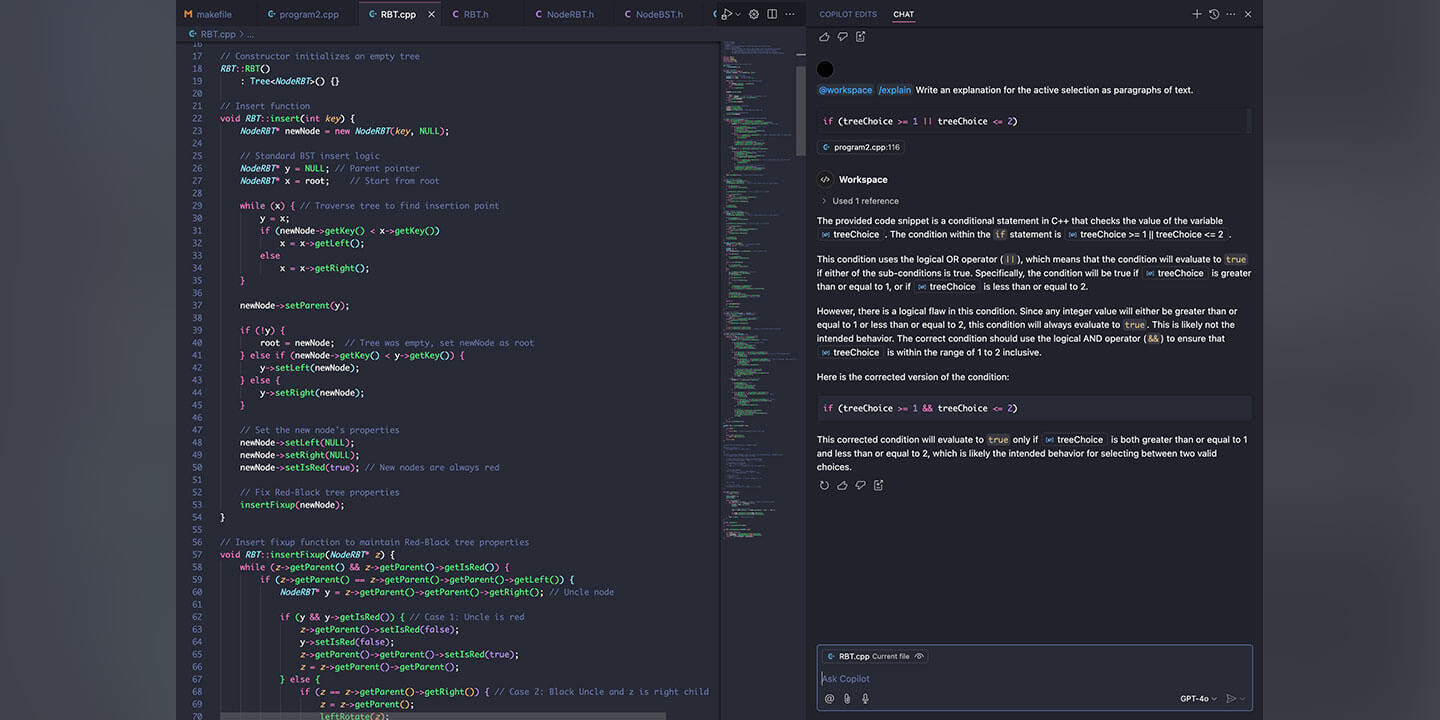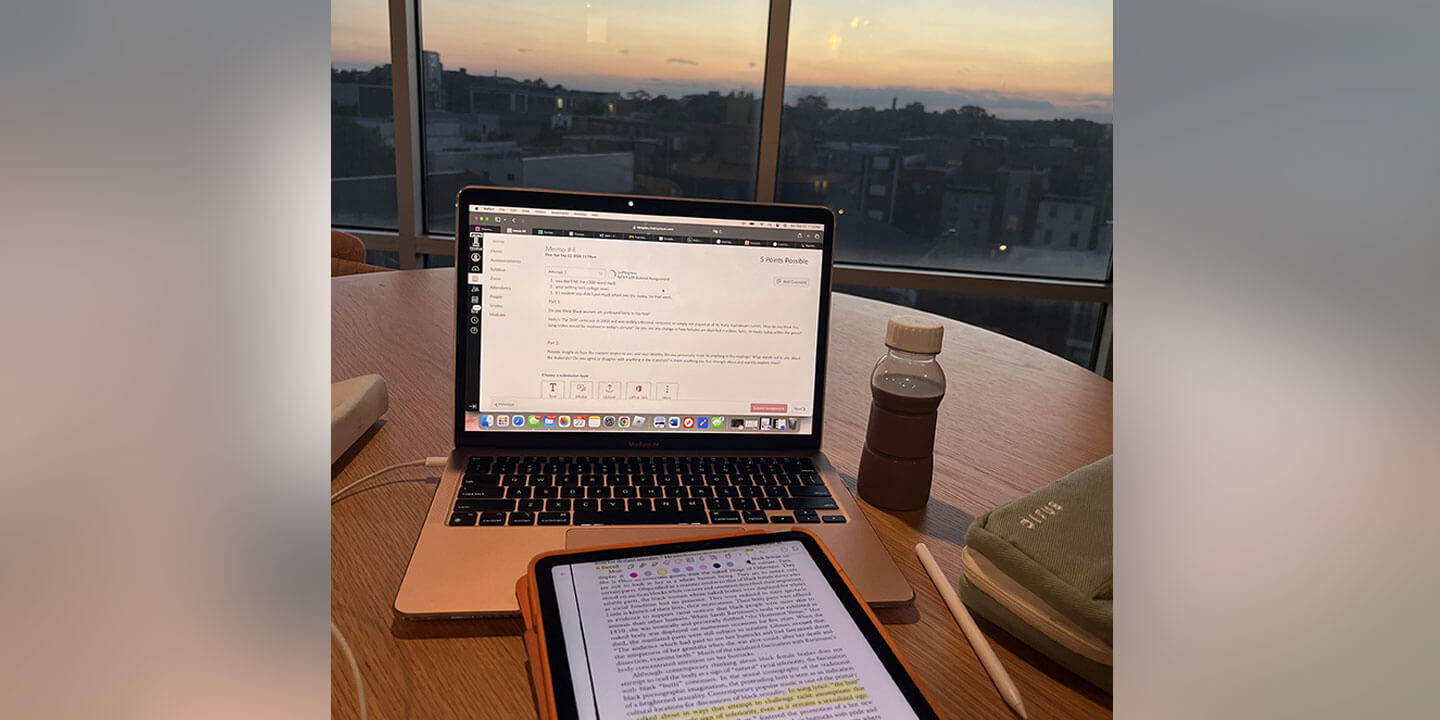
Studying STEM on a Time Crunch

No matter what your major is, it can be hard to find time to study in college. As students, we work, join clubs and sports teams, and maintain a social life outside of school. Assignments and projects can take up a lot of time and energy, leaving an empty tank when it’s time to study for exams. For those in a STEM field, labs, research groups, and a heavy course workload may present additional obstacles to finding time to study effectively.
Time management is an important skill you can develop over time, but there are also ways you can adjust your studying habits to perform better despite having a busy schedule. Some things you can do include committing to a study plan leading up to an exam, only targeting trouble areas using high-retention study strategies, and making concentrated study guides soon after receiving material in class.
1. Make a study plan – Mark your exam dates in your calendar at the beginning of the semester so you always know when they are coming up. Have a rough study plan of what unit or material you are going to review each day that you can refine as you get more material in class and figure out what you need to work on most. Include time to use effective study strategies rather than just re-reading notes or lecture slides.
2. Use course objectives to make study guides – As you receive material in class, begin to compile a study guide of the most important concepts, usually presented as learning objectives. If you do this little by little after every few lectures, you will have a complete study guide of the most important information to refer to use to study for each exam. When it is time to study for your final exam, all the most important concepts from each unit will already be compiled for you to study.
3. Use high-retention strategies to target trouble areas – Once you’ve identified the areas of a course where you need to study the most, consider using strategies that will help you remember the most information in a short amount of time. Have a concentrated study session with timed breaks to reduce fatigue. Instead of flashcards, consider making practice questions from your professor’s learning objectives or find some online. If you are a social learner, ask your friends to quiz you on the material you’ve spent time studying.
If you are still running low on time as an exam is rapidly approaching, condense your learning objectives into five or six major concepts to know. If you can boil those subjects down further, find trouble areas and do your best to resolve any major confusion before the exam. This may mean carving out time to go to one office hour session with your professor for 15 minutes to answer a list of questions you came up with after reviewing the exam material.
Combining these strategies with ways you know you study best can help you reach your academic goals while still balancing social and professional extracurriculars. Sometimes you may do your best to study hard for an exam and still not get the grade you want, and that’s ok! At the end of the day, your mental and physical health is more important than any grade. You will learn from your experiences and be able to better prepare for future exams, so keep working hard and your academic goals will be easily attained.
Do you have a compelling story or student success tips you’d like to see published on the Pearson Students blog? If you are a college student and interested in writing for us – click here to pitch your idea and get started!



